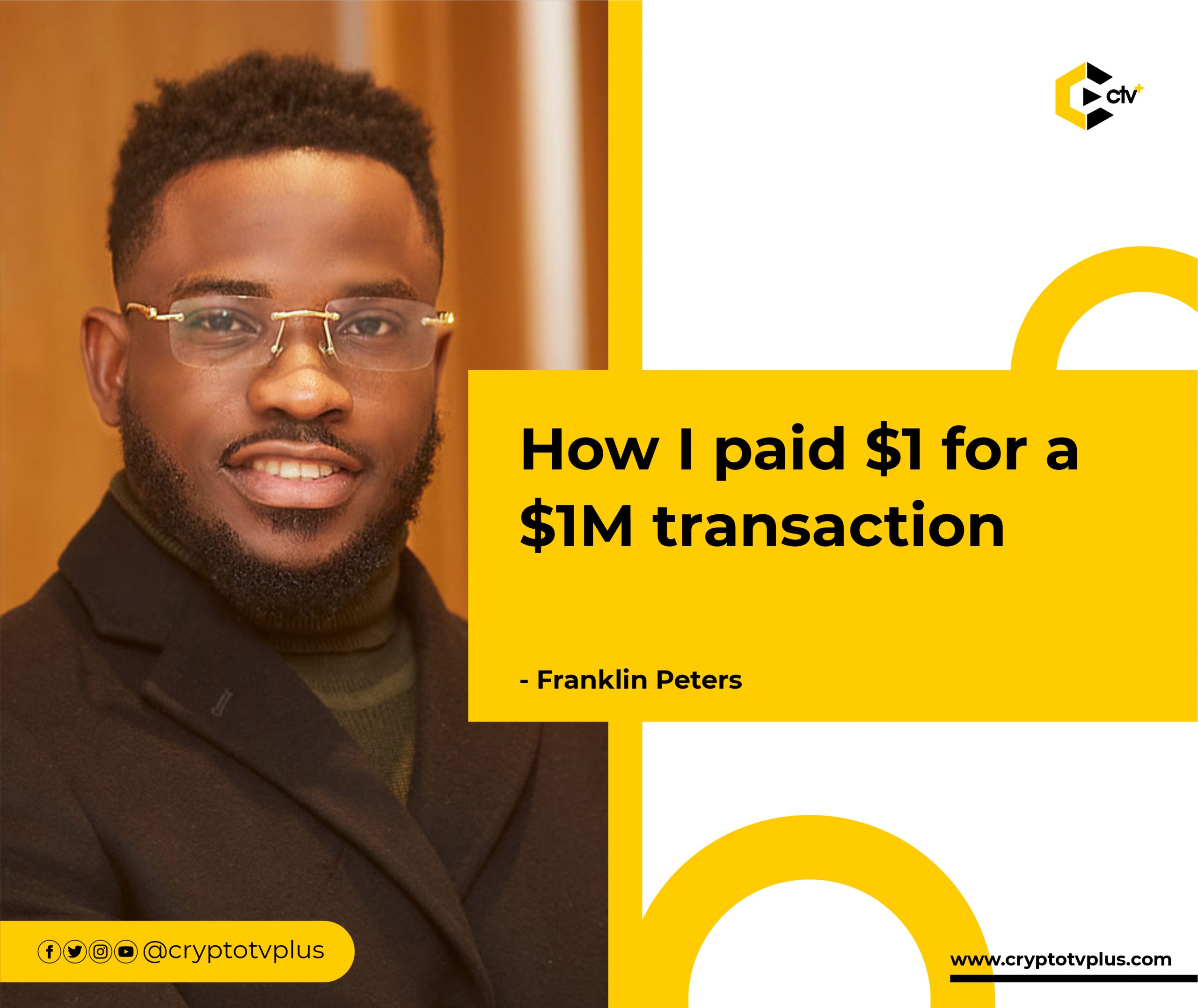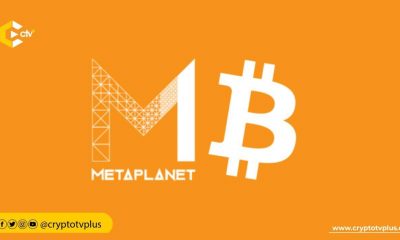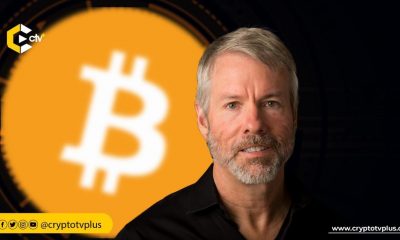News
How I paid $1 for a $1M transaction – Franklin Peters

Franklin Peters, CEO of Boundless Pay, spoke about the power of blockchain in making remittances less stressful. He started building tech products in 2016, at the University. Before that time, in 2014, he had a terrible experience where he needed to make a transfer using Western Union for a business related to China. After making arrangements, he got to the bank, but this transaction was declined.
The cashier told him that the quota for that week to transfer money to China was over as only one transfer was possible every other week. This experience made him lose the Chinese business connection. The stress, the time it will take for the money to get to China, and the fees were major disadvantages.
However, in 2016, the story changed. “I was sitting in the comfort of my room, in Festac Lagos,” he said, “and I remitted over a million dollars to China, in a single transaction, and I paid less than $1 as network fee.” The secret? Bitcoin.
Read this also:
- Bitcoin As Payment
- Ripple Partners with QNB to Launch Remittance Service
- Inside Blockchain – Blockchain Technology & Remittances
Global and Africa Remittance Industry
As part of his conversation, he pointed out the importance and robustness of global remittances. For Africa and Nigeria, remittances are channelled towards school fees, businesses, family support as well as other key responsibilities.
He highlighted that diaspora remittance for Nigeria rose by more than 10% from 2020 to 2021 ($17.21 billion to $19.2 billion) showing that the demand for remittance is ever increasing. This means that there is a need for a faster and quicker remittance system, thereby reducing about 5% of this remittance lost during the movement of these monies.
But with blockchain technology, Peters believes that this challenge can be solved. Apart from being used to solve the remittance challenge, the CEO of Boundless Pay also explained that with blockchain, financial fraud like money laundering can be controlled by making sure all transactions carried out in a network is visible to everyone. This is the opposite of what is seen in the current global centralized financial system.
Lastly, the vision behind Boundless Pay which he founded is to make payments easier for anyone around the world starting from Nigerians and Africans. You can listen to the video here.
What do you think of this article? Share your comments below.

























Pingback: I Paid Less than $1 Fees for Remitting Over $1 Million says, Franklin Peters by Chuks Nnabuenyi Jr – CryptoTvplus Events: NFT, DeFi, Bitcoin, Ethereum, Altcoin Events